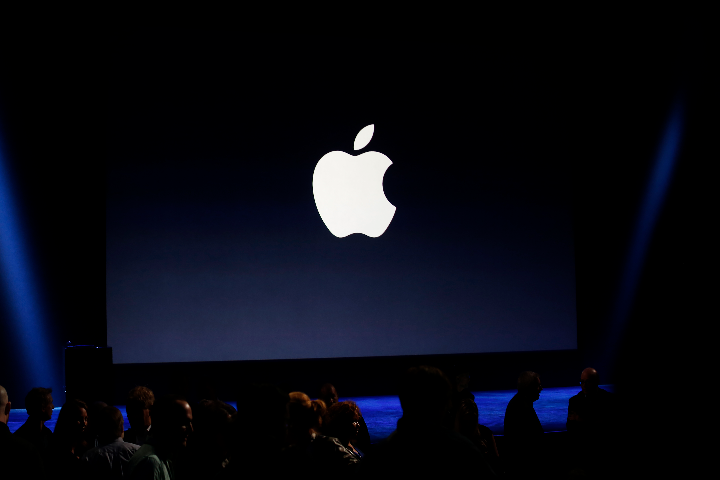
Apple Inc. has been told to pay $234 million (AED859.3 million) to the University of Wisconsin-Madison’s licensing arm for infringing the school’s patent on microprocessor technology. The amount set by a federal jury in Madison was less than the $400 million (AED146.9 million) sought by the Wisconsin Alumni Research Foundation. Apple’s lawyers argued the amount should be a fraction of the $110 million (AED403.9 million) Intel Corp. paid in 2009 to settle an earlier dispute over the same patent. The dispute concerns the design of a processor chip to improve performance. The foundation argued that Apple refused to pay royalties on its A7 and A8 processors in the iPhone 5s and iPad even after learning of the patent, issued in 1998. A second case, filed in September, focuses on the A9 and A9X processors in newer models of the iPhone and iPad. The school contends its technology “has been recognized as a major milestone of contemporary computer processors” and led to awards for its inventors. “This is a case where the hard work of our university researchers and the integrity of patenting and licensing discoveries has prevailed,” Carl Gulbrandsen, managing director of the foundation, said in a statement. Rachel Wolf Tulley, a spokeswoman for Apple, declined to comment on the jury’s decision. The company reported $10.7 billion (AED39.2 billion) in net income in the three months that ended June 27. Apple will appeal the decision, and has a good track record of getting large verdicts and damage awards overturned. In July, a judge threw out a $533 million (AED1.9 billion) award against the iPhone maker and ordered a new damages trial. That new trial was put on hold while Apple appeals the finding that its iTunes store infringed the patents related to digital rights management. Most universities that get into royalty disputes look to settle quickly, but they do win when they go to trial. Carnegie Mellon University in August won an appeals court ruling that Marvell Technology Group Ltd. used its patented technology on computer disk drives, although a reconsideration of the original $1.17 billion (AED4.3 billion) damage award was mandated. (Susan Decker/Bloomberg)

 Nasdaq set to confirm bear market as Trump tariffs trigger recession fears
Nasdaq set to confirm bear market as Trump tariffs trigger recession fears
 Dana Gas and Crescent Petroleum exceed 500M boe in Khor Mor field
Dana Gas and Crescent Petroleum exceed 500M boe in Khor Mor field
 China to impose tariffs of 34% on all US goods
China to impose tariffs of 34% on all US goods
 Shares bruised, dollar crumbles as Trump tariffs stir recession fears
Shares bruised, dollar crumbles as Trump tariffs stir recession fears
 Wall Street futures sink as tariffs fuel recession fears
Wall Street futures sink as tariffs fuel recession fears




